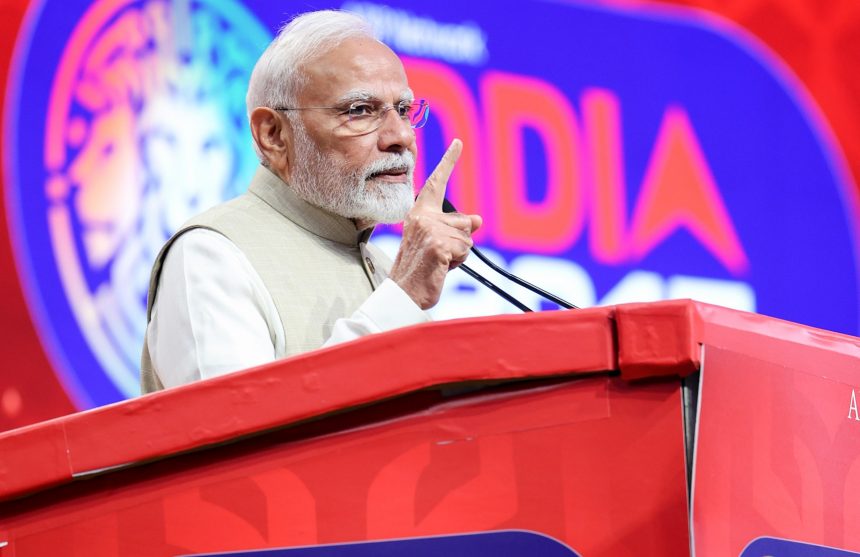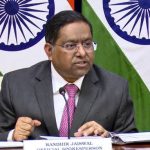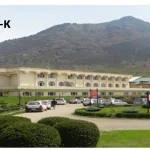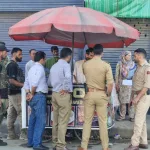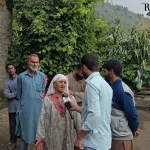Making a veiled reference to India putting the Indus Water Treaty with Pakistan in abeyance following the Pahalgam terror attack, Prime Minister Narendra Modi on Tuesday said that water on which India had a right was earlier going out but now it will come to use in the country.
Speaking at the ABP Network India@2047 Summit, the Prime Minister also referred to the efforts of his government for the inter-linking of rivers to benefit the farmers of the country.
India has taken a slew of measures, including putting the Indus Water Treaty in abeyance to a send a strong message to Pakistan for its support to cross-border terrorism after the Pahalgam terror attack.
“Well these days there is a lot of discussion about water in the media. Pehle Bharat ke haq ka paani bhi bahar ja raha tha…ab Bharat ka paani, Bharat ke haq me bahega, Bharat ke haq mai rukega aur Bharat ke hi kaam aayega. (Earlier, the water on which India had a right was going out, now India’s water will flow in India’s interest, will stop in India’s interest and will come to use in the country),” PM Modi said.
Tensions have risen between India and Pakistan following Pahalgam terror attack in which 25 Indian nationals and one Nepali citizen were killed. The government has said that perpetrators will face severe punishment.
Following the terror attack, India has taken strong countermeasures against Pakistan for its support of cross-border terrorism.
India decided to hold the Indus Waters Treaty of 1960 in abeyance until Pakistan credibly and irrevocably abjures its support for cross-border terrorism.
The Treaty allocates the Western Rivers (Indus, Jhelum, Chenab) to Pakistan and the Eastern Rivers (Ravi, Beas, Sutlej) to India. At the same time, the Treaty allows each country certain uses of the rivers allocated to the other. The treaty gives India 20 per cent of the water from the Indus River System and the rest 80 per cent to Pakistan.
In his speech, PM Modi referred to his government’s efforts to augment water for irrigation.
“For decades, the water of our rivers has been a subject of tension and conflict, but our government, in collaboration with the state governments, has launched a massive campaign to link the rivers. The Ken-Betwa Link Project and the Parvati-Kalisindh Chambal Link Project will benefit millions of farmers,” he said.
He said India’s banking sector is now one of the strongest in the world.
“Prior to 2014, the banking sector was on the brink of collapse. However, today, our banking system stands among the strongest in the world. Banks are achieving record profits, and depositors are reaping the benefits. This remarkable transformation is the result of key reforms implemented by our government, including the strategic merger of smaller banks to strengthen the sector,” he added.
PM Modi highlighted the implementation of One Rank, One Pension and said that the OROP had been pending for decades.
“The implementation of One Rank, One Pension (OROP) had been pending for decades, often dismissed with the argument that it would strain the nation’s finances. However, prioritising the welfare of our soldiers, we made OROP a reality. Today, it is benefiting lakhs of families of former soldiers. To date, over Rs 1.25 lakh crore has been disbursed to support these brave individuals and their families,” PM Modi.
The Prime Minister said that in the past decade, 25 crore people have been lifted out of poverty
“The entire world got the message that democracy can deliver. Small entrepreneurs who got the loan through Mudra Yojana, now realise that democracy can deliver,” he said. (ANI)


